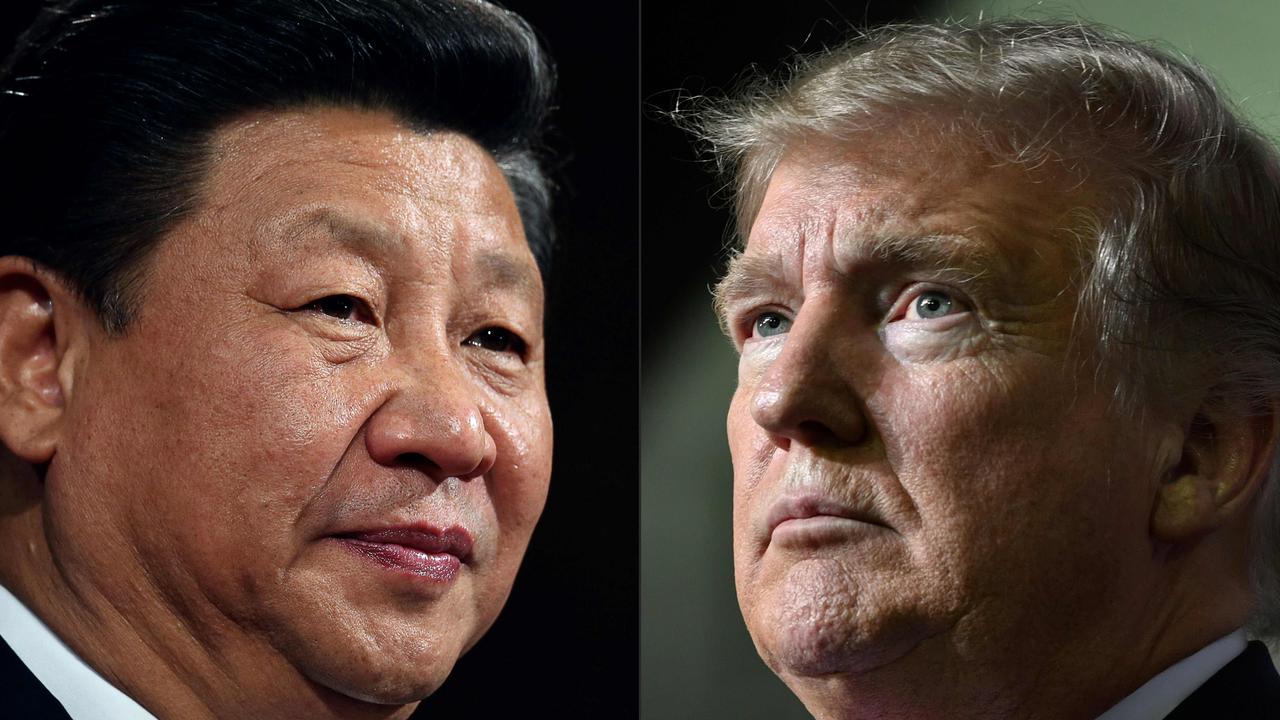Virtual lenders shake up Hong Kong’s banking industry
A group of eight digital-only banks is using mobile games and higher interest rates, among other things, to try to win over consumers.

An upstart group of virtual banks has gained a toehold in Hong Kong, luring consumers from bricks-and-mortar lenders in the Asian financial hub with offerings such as numberless credit cards that promise more security and mobile games that churn out cash prizes.
The eight digital lenders, mostly backed by large banks and other corporations, operate only online or via mobile phones and have no physical branches. They have been expanding aggressively in one of Asia’s most banked cities since 2020, leading traditional banks to follow suit with their own digital offerings.
Kate Leung, a 39-year-old expatriate in Hong Kong who does legal translation and mediation work with a law firm, opened an account last year at ZA Bank, the city’s largest digital lender by total accounts, to take advantage of higher interest rates and real-time postings of her financial transactions. A friend earned a free lunch for referring her, she says.
Ms Leung says she is a fan of gamelike features of the bank’s app, including one called “PowerDraw” that gives users a chance to win up to 200 per cent cash back on spending transactions. The game, modelled after claw machines found in arcades, involves using a digital claw to grab at a pool of balls containing rebates. She once received $HK50 ($8.90) back after spending more than $HK4000 at a restaurant.
Analysts say gamelike interfaces encourage user engagement, one key to helping the new banks stand out in a crowded field. The group competes with more than 150 traditional banks and their 1200 branches in a city where the likes of HSBC, Bank of China and Standard Chartered reign supreme.
“The more screen time you have, the more time you have to engage and monetise your customers,” says Benjamin Quinlan, chief executive of Hong Kong-based consulting firm Quinlan & Associates and chair of the FinTech Association of Hong Kong. “Gamification [is] one avenue by which to make the online banking experience more appealing.”
As of September 30, the eight digital banks collectively had 1.1 million accounts in a city of 7.4 million people, according to the Hong Kong Monetary Authority. Total deposits at the eight banks add up to around $HK24bn Hong or just 0.2 per cent of the city’s total. That reflects how the average account balance at a digital bank tends to be smaller than at a traditional consumer bank.
None of the banks are yet profitable. ZA Bank and Mox Bank, which together account for more than two-thirds of the group’s total deposits, target breaking even in 2024 at the earliest. Hong Kong was late to the digital-banking game, greenlighting virtual lenders to start operating more than a decade after they gained favour in the US and other markets. The slower adoption was partly because of banking norms in the city, which has strict regulatory requirements that require a lot of paperwork and favour in-person applications for new bank accounts.
The digital banks have ties to multinationals, including major banks. Mox is backed by Standard Chartered in partnership with online travel agency Trip.com and IT firm PCCW. WeLab Bank is a unit of homegrown fintech company WeLab, and Ant Bank is affiliated with Jack Ma’s Chinese fintech giant, Ant Group. ZA Bank, which says it has more than 500,000 users, is run by Chinese insurer ZhongAn Online P&C Insurance.
Some of the virtual lenders, like WeLab, offer flexible loans and group saving plans that allow users to earn higher interest rates as more users place deposits.
Airstar Bank – whose main backer is Chinese smartphone maker Xiaomi – was recently offering 3.6 per cent annualised interest on an individual’s first $HK in deposits. That is much higher than the 0.001 per cent some traditional banks in the city are offering. One reason digital banks can offer higher rates is because they don’t have the expense of running physical branches.
Mox Bank, meanwhile, markets a numberless credit card with a unique digital code it says is less susceptible to being stolen. ZA Bank offers insurance services.
The digital banks say part of their appeal is that their offerings are tailored for a new generation of consumers used to smartphones and high-speed internet.
“We’ve changed the normal time to set up a bank account from weeks and days to minutes and seconds,” Mox Bank CEO Barbaros Uygun says.
The ability of some digital banks to address a relative dearth of funding for small and medium-size enterprises also could become an advantage in the future.
Half of Hong Kong SMEs have been rejected for loans, partly because lenders have found it difficult to evaluate their credit risks, according to research by Quinlan & Associates. “They are often asked to post collateral to offset the bank’s credit risk,” Quinlan says. “Many don’t have this collateral, or for those that do, it’s really onerous.”
Digital banks have greater flexibility to offer loans because they have transaction data that provides a window into customer behaviour and proprietary credit-scoring algorithms to analyse and assess borrowers’ ability to pay for loans.
Ant Bank in January rolled out a loan program aimed at SMEs that offers flexible terms such as the ability to pay off the loan’s interest first before settling the principal when the debt matures.
The city’s government describes the introduction of virtual banks as a “key pillar” supporting Hong Kong’s entry into the smart-banking era, and to help drive adoption of fintech across the industry.
There are some signs that is happening. Winston Yung, a managing partner at McKinsey in Hong Kong, pointed to traditional banks’ efforts to keep up with the innovations of their digital peers. Some have launched mobile apps that offer a suite of financial services such as wealth management, while others have started offering digital enhancements to their regular service.
“Listening to customer pain points is vital,” he says. “While virtual banks are set up to do that ... traditional banks are catching up fast.”
The Wall Street Journal



To join the conversation, please log in. Don't have an account? Register
Join the conversation, you are commenting as Logout